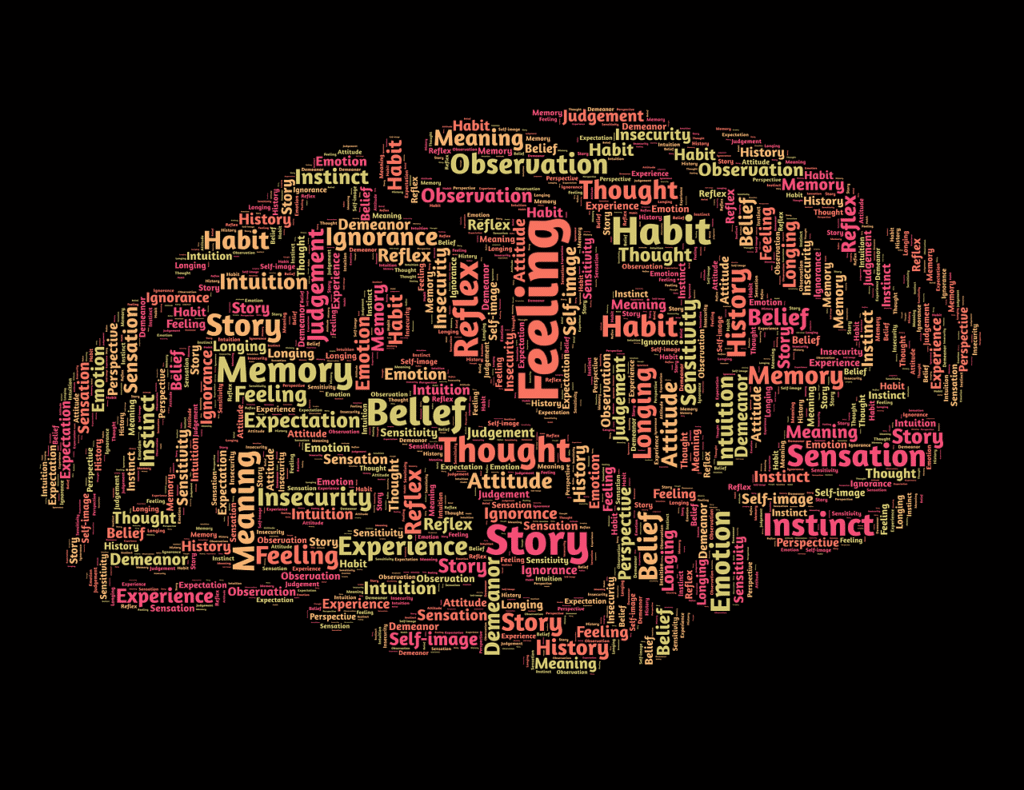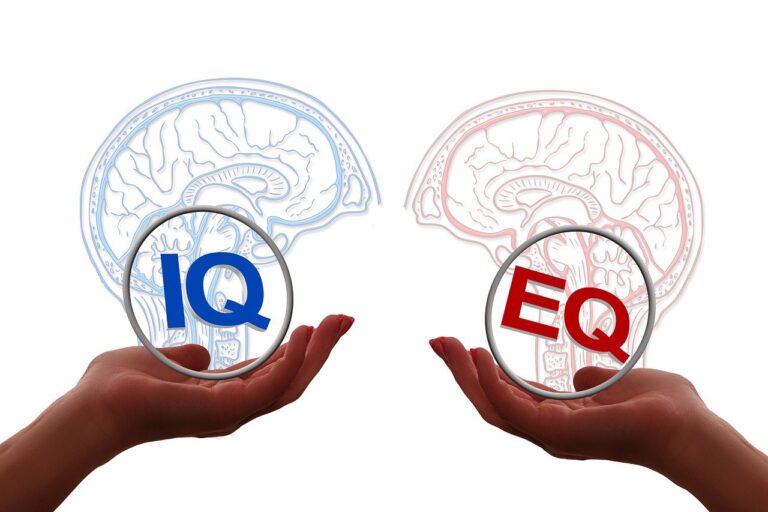Emotional intelligence is one of the most powerful tools you can develop for personal growth, relationship building, and professional success. Unlike IQ, which is fixed, emotional intelligence is a learnable and adaptable skill—and it can change your life.
Developing emotional intelligence helps you better understand yourself and others. In this guide, you’ll discover actionable strategies to increase your self-awareness, regulate your emotions, strengthen your relationships, and succeed in every area of life.

What Is Emotional Intelligence and Why Does It Matter?
Emotional intelligence refers to your ability to recognize, understand, and manage your own emotions, as well as interpret and respond to the emotions of others.
People with high emotional intelligence tend to:
Communicate more effectively
Build stronger relationships
Handle stress and conflict with ease
Make better decisions under pressure
These skills contribute directly to both personal well-being and workplace success, making emotional intelligence one of the top predictors of overall life satisfaction.
Self-Awareness: The Foundation of Emotional Growth
Emotional intelligence begins with self-awareness—the conscious understanding of your emotions, thoughts, and behaviors.
By becoming more aware of your emotional patterns, you can:
Recognize how your feelings impact your actions
Respond rather than react in emotional situations
Understand your motivations and triggers
How can I increase my self-awareness?
Practicing journaling, daily reflection, and mindfulness techniques can help you notice recurring emotional patterns. Pay attention to how you feel in specific situations and what those emotions tell you about your values and needs.
Emotional Regulation: Managing Your Emotions Effectively
A critical part of emotional intelligence is learning to regulate your emotional responses in a healthy, constructive way.
Emotional regulation doesn’t mean suppressing your feelings—it means staying in control of your behavior, even when emotions run high.
What are some proven emotional regulation strategies?
Practice mindfulness techniques like deep breathing or meditation
Use journaling to process strong feelings
Pause before reacting in heated situations
Reframe negative thoughts to regain balance
When you learn how to manage your emotions instead of being ruled by them, your decision-making and interpersonal relationships dramatically improve.
Empathy and Social Skills: Connecting with Others Authentically
To fully develop emotional intelligence, you must understand not only your own emotions but also those of others. That’s where empathy in relationships plays a central role.
Empathy allows you to:
Sense how others are feeling without them saying a word
Adjust your communication to meet their emotional state
Build trust and resolve conflict constructively
How do social skills reflect emotional intelligence?
Strong social skills are the outward expression of emotional intelligence. This includes:
Active listening
Reading nonverbal cues
Navigating difficult conversations
Expressing empathy with authenticity
These abilities are essential in both personal relationships and professional environments.
Applying Emotional Intelligence in Real Life
Emotional intelligence isn’t just something you read about—it’s a tool you can use every day to improve your interactions and decisions.
When you actively apply emotional intelligence in your life, you:
Strengthen connections with others
Improve collaboration at work
Make wiser choices under pressure
Stay calm in moments of stress or disagreement
What’s the impact of emotional intelligence in the workplace?
In professional environments, high emotional intelligence leads to:
Better team dynamics
Enhanced workplace success
Clearer communication
More effective leadership
Companies are increasingly valuing emotional intelligence over technical skills when hiring or promoting employees.
How to Cultivate Emotional Intelligence Over Time
The great news is that emotional intelligence is a skill that anyone can improve. With consistent practice, you can train your brain to respond more thoughtfully to emotions—both your own and others’.
Here’s how to begin:
Practice self-reflection: Spend time daily identifying and labeling your emotions.
Use mindfulness techniques: Stay present and observe your reactions without judgment.
Seek feedback: Ask trusted friends or colleagues how you come across emotionally.
Learn continuously: Take courses or read books on emotional mastery.
What are effective mindfulness techniques for emotional growth?
Guided meditations
Body scans
Mindful breathing exercises
Grounding practices during emotional intensity
Over time, these habits help reduce emotional reactivity and build long-term resilience.
Benefits of Developing Emotional Intelligence
Building emotional intelligence delivers powerful benefits across every area of your life.
Emotional intelligence improves mental well-being
When you're able to process and manage your emotions, you reduce stress, anxiety, and the risk of burnout. It also enhances your resilience in the face of adversity.
Emotional intelligence strengthens your relationships
Whether it’s family, friendships, or romantic partners, high emotional intelligence leads to deeper connection, healthier boundaries, and more empathy in relationships.
Emotional intelligence boosts career success
Employers seek emotionally intelligent candidates who:
Collaborate well on teams
Show empathy with customers and peers
Exhibit calm and focus under pressure
This makes emotional intelligence a true career asset.
Frequently Asked Questions (FAQ)
What’s the main difference between emotional intelligence and IQ?
IQ measures cognitive ability; emotional intelligence measures emotional and social skills. Both are important but serve different purposes.
Can emotional intelligence be learned?
Yes! With practice, reflection, and feedback, anyone can improve their emotional intelligence over time.
Why is self-awareness so important?
Self-awareness helps you understand your behavior, make better decisions, and recognize how your emotions affect others.
How does emotional intelligence help in the workplace?
It improves communication, leadership, conflict resolution, and overall workplace success.
What’s a good way to start improving emotional intelligence?
Begin with mindfulness techniques like journaling, breathwork, or guided meditation to build awareness and emotional control.
Conclusion: Transform Your Life with Emotional Intelligence
Emotional intelligence is a skill that unlocks better relationships, greater self-control, and long-term success. By developing your self-awareness, regulating emotions, and practicing empathy, you empower yourself to grow in every area of life.
Start small, stay consistent, and commit to your emotional evolution—because the journey to emotional mastery is also the journey to your best self.
Lamartine is an experienced researcher who produces evidence-based content focusing on health, wellness, supplements, lifestyle, and utilities. On the website holistichealthpathways.com, he offers objective, research-backed information to help readers make informed choices.



